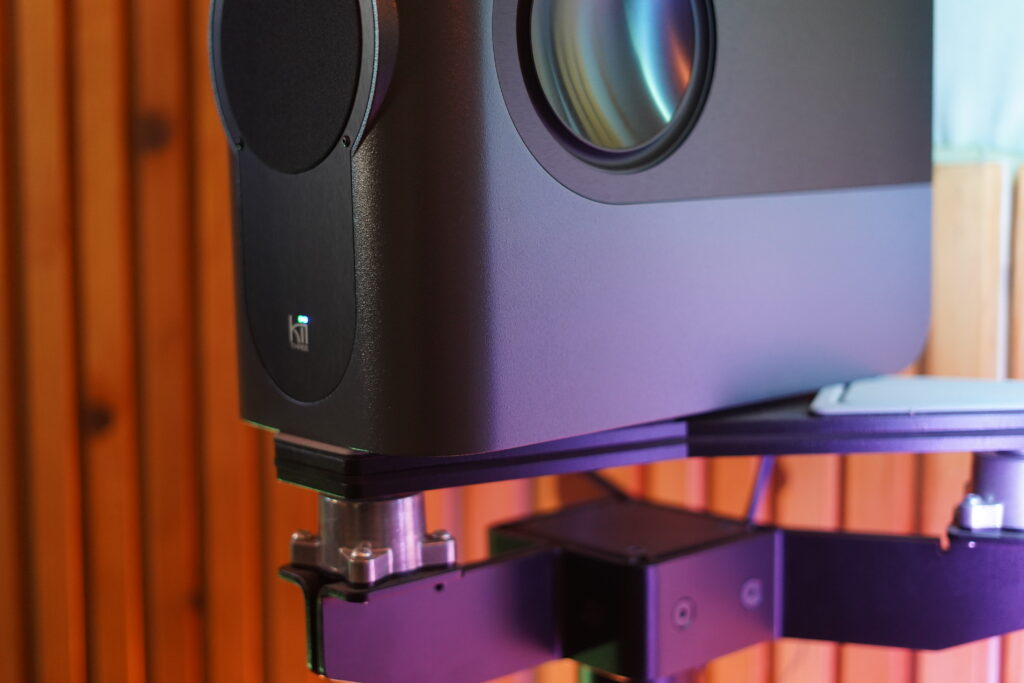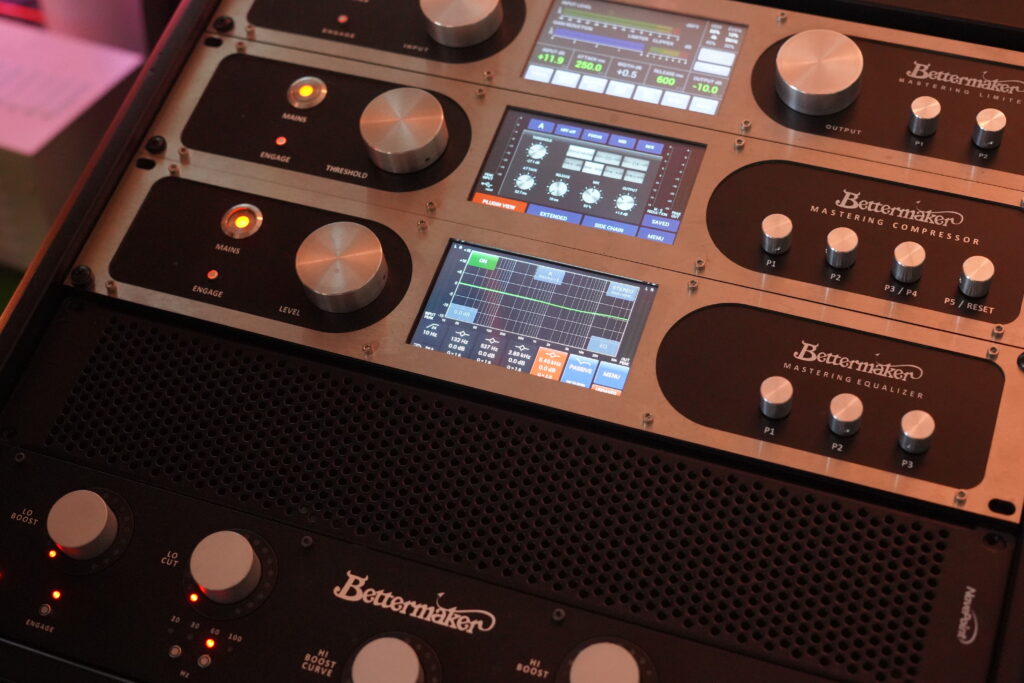What is Mastering?
Definition of Mastering: Mastering is the final step in the audio production process, where the mixed audio is polished and prepared for distribution. This involves enhancing the overall sound quality, ensuring consistency across all tracks, and making the music sound great on various playback systems. The goal of mastering is to create a professional, cohesive, and polished final product that is ready for release.
The Difference Between Mixing and Mastering: While mixing involves combining individual tracks (such as vocals, instruments, and effects) to create a balanced and harmonious mix, mastering focuses on the final stereo mix. Mixing is about balancing levels, EQ, panning, and effects on individual tracks, whereas mastering involves adjusting the overall tonal balance, dynamic range, and loudness of the complete mix. In essence, mixing is about the details within a song, and mastering is about the final presentation of the song as a whole.
The Importance of Mastering
Why Mastering is Crucial for Professional-Sounding Music: Mastering is essential for achieving a professional sound that meets industry standards. It ensures your music translates well across different listening environments, from high-end audio systems to earbuds and car stereos. Mastering brings out the best in your music by adding clarity, depth, and punch, making sure it stands out in today’s competitive music landscape.
Benefits of Professional Mastering:
- Sound Quality: Professional mastering enhances the overall sound quality by correcting any sonic imbalances and imperfections. This includes adjusting EQ, compression, and limiting to achieve a polished sound.
- Consistency: Mastering ensures consistency across all tracks on an album or EP. This means each track will have a similar loudness level and tonal balance, creating a cohesive listening experience.
- Compatibility: Mastering prepares your music for various playback formats and platforms, ensuring it sounds great whether streamed online, played on vinyl, or broadcasted on the radio. This includes creating different versions of the master tailored for specific platforms, such as streaming services, CD, or vinyl.
- Loudness: In today’s music industry, loudness is a crucial factor. Professional mastering helps achieve competitive loudness levels without sacrificing dynamics, ensuring your music can hold its own against other commercial releases.
Components of a Mastering Studio
Equipment and Technology

Essential Equipment Found in a Mastering Studio:
- Monitors: High-quality studio monitors are crucial for accurate sound reproduction. They allow the mastering engineer to hear the mix precisely as it is, without coloration, which is essential for making informed adjustments. At my studio I use Kii Three speakers. After trying many speakers these are the one’s I found to be the absoulte best.
- Analog Gear: Many mastering studios use analog equipment, such as compressors, equalizers, and limiters, to add warmth and character to the music. Analog gear is prized for its unique sonic qualities and the ability to impart a particular sound that digital tools might not replicate.
- Digital Tools: Digital audio workstations (DAWs) and software plugins are indispensable in modern mastering studios. They provide precise control over the audio, allowing for detailed adjustments to EQ, dynamics, and other parameters. Examples include software like Pro Tools, Logic Pro, and plugins from companies like Waves and iZotope.
- Converters: High-quality analog-to-digital and digital-to-analog converters ensure the integrity of the audio signal during the mastering process. These converters are critical for maintaining the fidelity of the sound.
The Importance of High-Quality Equipment in Achieving Superior Sound: High-quality equipment is essential in a mastering studio because it ensures that the audio is reproduced accurately and any adjustments made are based on an accurate representation of the sound. Superior equipment allows for precise control over the audio, enabling the mastering engineer to enhance the mix’s clarity, depth, and overall quality. This level of precision is necessary to meet industry standards and produce a final product that sounds professional across all playback systems.

Acoustic Treatment
Explanation of Acoustic Treatment and Its Significance: Acoustic treatment refers to the use of materials and techniques to control sound reflections, absorption, and diffusion within a studio space. Proper acoustic treatment ensures that the sound within the studio is clear and accurate, free from unwanted echoes, standing waves, and other acoustic anomalies that can distort the audio perception.
Common Acoustic Treatments Used in Mastering Studios:
- Bass Traps: Used to absorb low-frequency energy and prevent bass buildup in the corners of the room, which can lead to muddy or boomy sound.
- Absorption Panels: Placed on walls and ceilings to absorb mid-to-high frequencies, reducing reflections and reverberation.
- Diffusers: Scattered on walls to break up sound waves and disperse them evenly throughout the room, preventing flutter echoes and standing waves.
- Isolated Floors: Raised or floating floors can help prevent vibrations and noise from external sources from affecting the sound within the studio.
Experienced Engineers
The Role of a Mastering Engineer: A mastering engineer is responsible for the final stage of audio production, ensuring the music sounds polished, cohesive, and ready for distribution. Their tasks include adjusting the overall tonal balance, controlling dynamics, enhancing the stereo image, and ensuring the track meets industry loudness standards. They also prepare the final master for various formats and platforms, ensuring compatibility and optimal sound quality.
Qualities to Look for in a Mastering Engineer:
- Experience: Look for engineers with a proven track record and years of experience in mastering various genres. Experienced engineers have developed a keen ear for detail and can make nuanced adjustments that significantly enhance the final product.
- Credentials: Credentials such as certifications, awards, and industry recognition can indicate a high level of expertise and professionalism.
- Portfolio: Reviewing an engineer’s portfolio allows you to hear their previous work and determine if their style and approach align with your musical vision. A strong portfolio showcases their ability to deliver high-quality masters across different genres and styles.
- Communication: Effective communication is essential for a successful mastering process. Look for engineers who are responsive, open to feedback, and able to explain their decisions clearly.
- Attention to Detail: Mastering requires a meticulous approach. Engineers with a high attention to detail will ensure that every aspect of the mix is carefully evaluated and enhanced.
